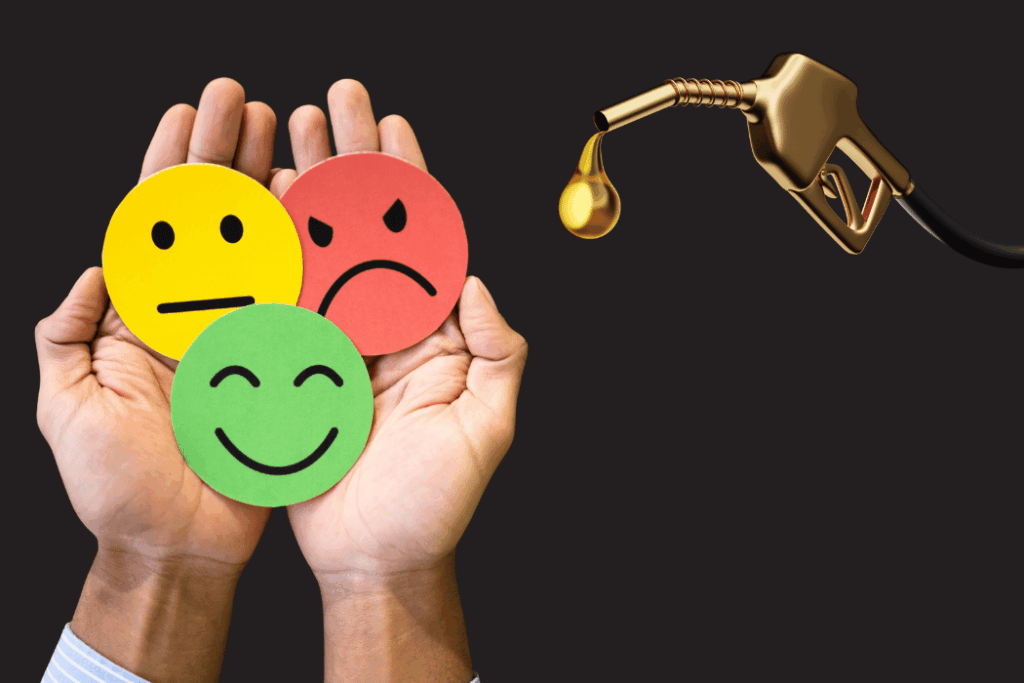
Recently, several founders sent me Paul Graham’s essay on “Founder Mode,” which has sparked significant discussion in the startup world. I will not rehash Graham’s points but will highlight one truth: Founder Mode and Manager Mode are not mutually exclusive. Both have their place.
Graham correctly points out that investors often pressure founders to step back and hire “well-pedigreed” managers to scale the business. Yet, this can backfire. Founders drive startups’ unique energy. Asking a founder to stop behaving like a founder is like expecting a fish to suddenly start walking and breathing air.
Founder Mode is the secret sauce that turns a startup into a scalable venture. The longer a company stays in Founder Mode, the more its founders can maintain its disruptive mission. Look at Meta, Palo Alto Networks, and Wiz—companies with massive valuations that still thrive under founder involvement.
So, what makes Founder Mode so special? Here are the four key ingredients:
1. Failure
Founders have a unique relationship with failure. They do not just accept it—they learn from it. Every setback becomes a steppingstone to learning and improvement, embodying Carol Dweck’s “growth mindset.” In contrast, many managers see only winners and losers, spending more time assigning blame than solving problems.
2. Instinct
Failure sharpens instincts. After decades in cybersecurity, I developed an intuitive sense for what would work, whether it involved products, partners, or pricing. Founder instincts accelerate decision-making and help avoid pitfalls—something that cannot be learned in business school. Hired managers, on the other hand, often overlook these hard-won instincts in favor of their own less relevant experience.
3. Initiative
Founders are free from process and politics. When something goes wrong, they dive in to fix it. I once had a customer call me, screaming about how badly a project was going. He even threatened to call his lawyers and sue us. Something had to be done. So, I stepped in, reorganized the team, and even did some of the work myself. The project was successful, customer happy, and most importantly – no lawyers.
Hired managers often hesitate to act, worried about status or stepping on toes. Founders are more focused on getting things done than maintaining egos.
4. Vision
The most critical role of a founder is to inspire. As Simon Sinek says, “People don’t buy what you do, they buy why you do it.” Founders connect the company’s mission to something meaningful, ensuring employees stay motivated, especially in tough times. Vision can be carried forward by managers, but it’s the founder’s role to ignite it.
Conclusion
While Founder Mode has its challenges—chaos, unpredictability, and burnout—its value is undeniable. The key is balancing founder involvement as the company scales. Companies that transition successfully keep founders engaged, using their vision to guide growth.
In the end, it is this uniqueness that sets startups apart and gives them an edge over competitors. Rushing to transition out of Founder Mode can rapidly rob a company of what makes it special.













